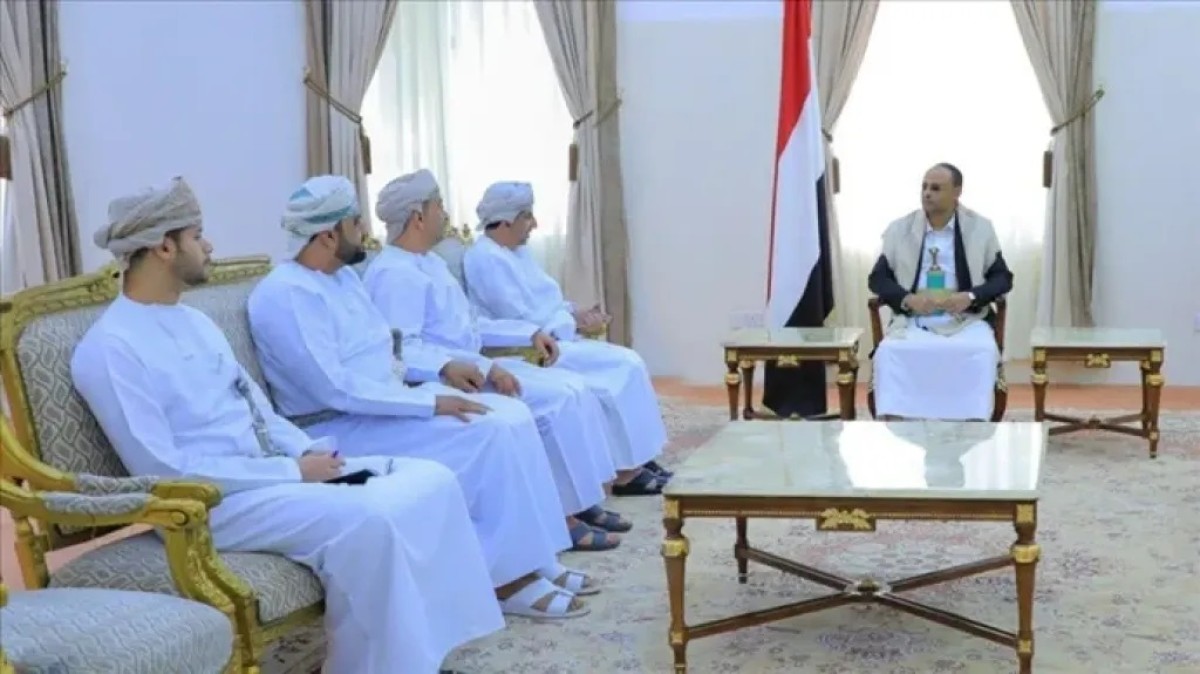Broker or a secret corridor? An American report reveals the role of the Sultanate of Oman in supporting the Houthis!


In an unexpected step, US President Donald Trump announced this week from the Oval Office to stop all bombing operations against the Houthi group in Yemen, after weeks of extensive strikes targeting the group -affiliated sites that Washington classified as a terrorist organization. Trump justified his decision by saying: "The Houthis do not want to fight ... and we will respect that. We will stop the bombing," refusing to disclose the party that conveyed this confirmation, contenting with saying a smile that it is "a very good source."
It was not hours until the confirmation came from the Sultanate of Oman, which was announced by its foreign minister, Badr Al -Busaidi, that a ceasefire agreement between the United States and the Houthis was reached. He said in a statement via the "X" platform: "None of the other parties will target in the future, including the American ships, in the Red Sea and the Bab al -Mandab strait," noting that the agreement came as a result of the efforts of Omani mediation in cooperation with the relevant authorities in Sana'a and Washington.
This sudden development, and if some political circles welcomed it as a possible breakthrough in one of the most complex files of the region, was met with warnings from security experts who see the step a risk that the Houthis might exploit to rearrange their ranks and escalate their threats.
In a report obtained by "Fox News Digital" before Trump's announcement, under the title "The Houthi Challenge: Drafting a strategy to defeat the Iranian -backed terrorist group in Yemen", a researcher at the "Defense Democrats Foundation" warned Ari Heinstein that the group will not long commit to the ceasefire, and that Iran is not alone in its support, but that the Sultanate of Oman itself, according to the report, plays a role A pivotal in facilitating the group's arms smuggling.
The report explained that Oman allowed the use of its territory as a major crossing to smuggle Iranian weapons to Yemen, in addition to the passage of these weapons through small ports or across the land borders. He also drew attention to the involvement of private Omani financial institutions and commercial companies in supporting the Houthi economy and providing resources that enable them to continue their armed activities.
"The claim of Oman played the role of the responsible mediator while providing a haven for the group, which is incompatible with logic," says Jonathan Chantser, the executive director of the Defense for Democrats and the former analyst at the US Treasury.The report also indicated that the recent attacks by Israel on the port of Hodeidah and Sanaa Airport represents a model of effective military pressure that must be completed by political and economic steps. According to Heinstein, "military action alone is not enough", but a comprehensive strategy must be formulated that includes diplomatic, financial and media tools as well.
The report warns that the Houthis are accustomed to exploiting the calm periods - as happened in the armistice periods with Saudi Arabia - to re -arms and organization, adding that any fragile ceasefire agreement without a long -term plan will give the terrorist group the space to escalate and calm down to serve its interests.
Hentestin concludes his report by saying: “Stopping the attacks on maritime shipping is an important achievement only if it comes within a broader strategy, but if the essence of the new American policy is, it may open the door to a more armed and organized threat in the near future.”
This sudden shift in Trump's policy, and what parallel documents and reports revealed, raises fundamental questions about the effectiveness of regional alliances, the limits of the Omani role, and whether Washington is already moving towards a settlement ... or towards a temporary calm trap that hides fire that may be immersed soon.